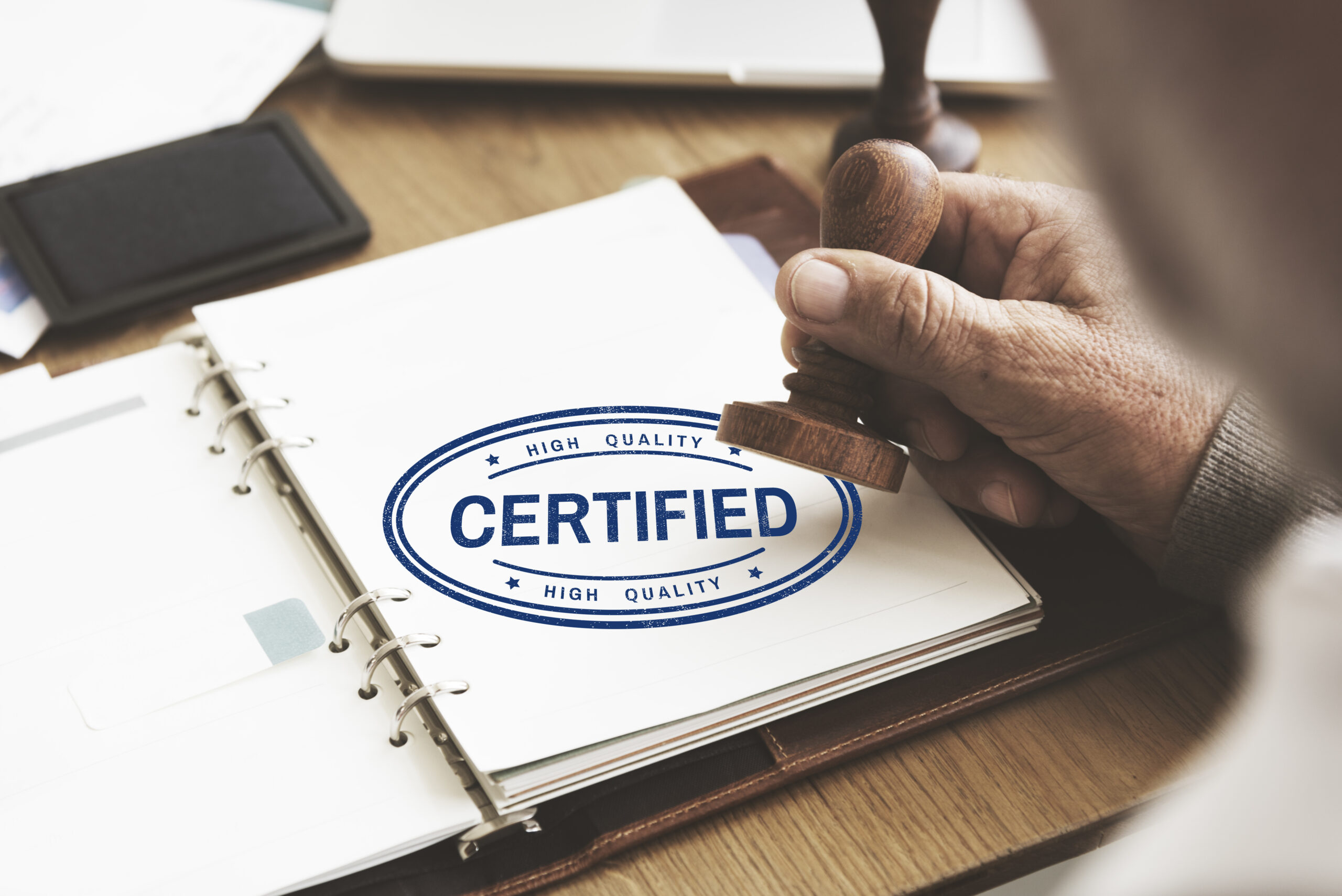As a CTO in the financial or healthcare sector operating within the European Union or Canada, you've likely spent sleepless nights navigating the maze of data protection laws. Data sovereignty—the principle that data is subject to the laws of the country where it's created or stored—has evolved from a niche compliance issue into a boardroom imperative. It's not just about avoiding fines; it's about safeguarding sensitive information like patient records or client financial histories that could devastate trust if mishandled. But here's the crux: how do you scale data annotation for AI models without risking cross-border data leaks that violate regulations?
The Growing Burden of Data Residency Requirements
Let's start with the realities on the ground. In the EU, the General Data Protection Regulation (GDPR) mandates that personal data, especially in sensitive sectors like healthcare and finance, must often remain within the region to prevent unauthorized access. Similar rules apply in Canada under the Personal Information Protection and Electronic Documents Act (PIPEDA), where organizations handling health or financial data face strict accountability for any international transfers. These aren't abstract guidelines; they're enforceable laws with real teeth.
Consider the numbers: since GDPR's inception, cumulative fines have ballooned to approximately €5.88 billion by early 2025, with an average penalty per violation hitting €2.8 million in 2024—a 30% jump from the prior year. In Canada, PIPEDA violations can rack up fines of up to $100,000 CAD each, and while the law doesn't strictly require data residency, it imposes heavy obligations on cross-border transfers to ensure equivalent protection levels. For a healthcare provider in Toronto or a bank in Brussels, this means one slip—say, outsourcing annotation to a vendor in Asia—could trigger audits, legal battles, and reputational damage.
I've seen this play out firsthand in consultations with firms: a European insurer once delayed an AI-driven fraud detection project for months because their data couldn't legally leave the EU. In Canada, healthcare organizations are increasingly wary, as recent discussions highlight how data sovereignty is becoming "non-negotiable," potentially eroding patient trust if information feels vulnerable to foreign jurisdictions. The impact on outsourcing is profound; surveys and reports indicate that strict data residency requirements are forcing companies to rethink global partnerships, with many in finance and healthcare sectors reporting up to 20-30% higher compliance costs when dealing with international vendors.
Why Traditional Outsourcing Falls Short
The temptation to outsource data annotation is understandable. Training robust AI models requires labeling vast datasets—think medical imaging for diagnostics or transaction logs for risk assessment—and doing it in-house can strain resources. Yet, conventional approaches often involve shipping data to low-cost centers abroad, which directly clashes with EU data processing rules and Canadian privacy standards. Even cloud-based solutions aren't foolproof; if your provider's servers are outside the region, you're exposed.
This isn't hyperbole. A 2023 case in the EU saw a financial institution fined millions for inadequate safeguards during data transfers, underscoring how regulators are cracking down on perceived risks. In Canada, the push for stronger data sovereignty legislation is gaining momentum, with experts warning that without it, the country risks "outsourcing not only our data but also our ability to govern wellness itself." For CTOs, the dilemma is clear: innovate with AI or play it safe with compliance? Too many opt for the latter, stalling projects and ceding competitive edges.
Embracing In-Region Data Labeling as the Smart Path Forward
Enter in-region data labeling—a strategy that keeps everything local without sacrificing efficiency. Imagine a setup where your datasets stay firmly within your chosen cloud environment in the EU or Canada, never crossing borders. Annotators access the data only through secure enclaves: fortified facilities in the region, equipped with encrypted connections and strict access controls. These aren't makeshift offices; they're purpose-built environments where data is viewed temporarily and never downloaded or exported.
This approach directly addresses data residency requirements by ensuring compliance with GDPR's adequacy decisions and PIPEDA's transfer safeguards. Your data remains sovereign, under the jurisdiction you trust. For financial CTOs, it means labeling transaction data for anti-money laundering models without fear of U.S. subpoenas via laws like the CLOUD Act. In healthcare, it protects patient privacy during annotation for AI diagnostics, aligning with sector-specific rules like those in Canada's provincial health acts.
The technology behind it is proven: think hardware-based secure enclaves, similar to those used in high-stakes computing, combined with zero-trust architectures. Providers specializing in this can deploy teams of vetted annotators right where you need them—say, in Frankfurt for EU operations or Vancouver for Canadian ones—ensuring latency-free workflows and ironclad security audits.
The Tangible Value: Compliance Meets Innovation
Adopting in-region processing isn't just defensive; it's a growth enabler. Companies that hesitated to outsource due to sovereignty fears can now accelerate AI initiatives, potentially cutting annotation costs by 40-50% compared to internal teams while maintaining full control. One EU bank I advised implemented this and saw their model training timeline shrink from six months to two, all while passing a regulatory audit with flying colors.
Broader stats back this up: organizations prioritizing data sovereignty report 15-25% better customer retention in regulated industries, as clients value partners who treat privacy as paramount. In Canada, where public sector demands are pushing for localized clouds, this model fosters trust and opens doors to government contracts. Ultimately, it's about turning a compliance headache into a strategic advantage—proving to stakeholders that your firm is forward-thinking yet risk-averse.
As you evaluate partners for such solutions, consider those with deep roots in localized services. For instance, firms like Artlangs Translation, with their mastery of over 230 languages and decades of focus on translation services, video localization, short drama subtitling, game localization, and multilingual dubbing for audiobooks, bring invaluable experience to the table. Their track record of successful cases in handling sensitive, region-specific content ensures that even multilingual data annotation stays compliant and culturally attuned, wrapping up your sovereignty strategy with proven expertise.











